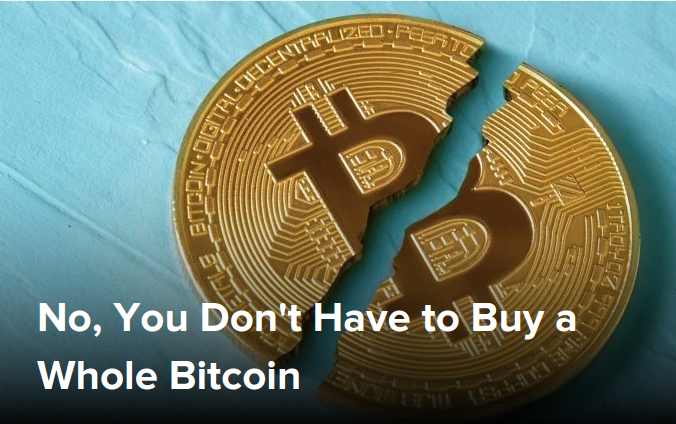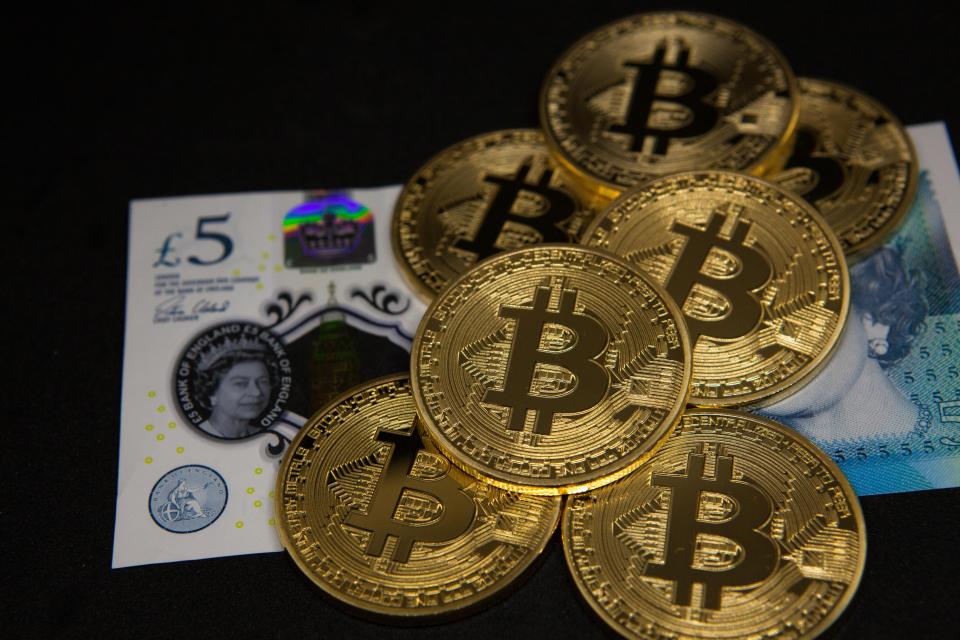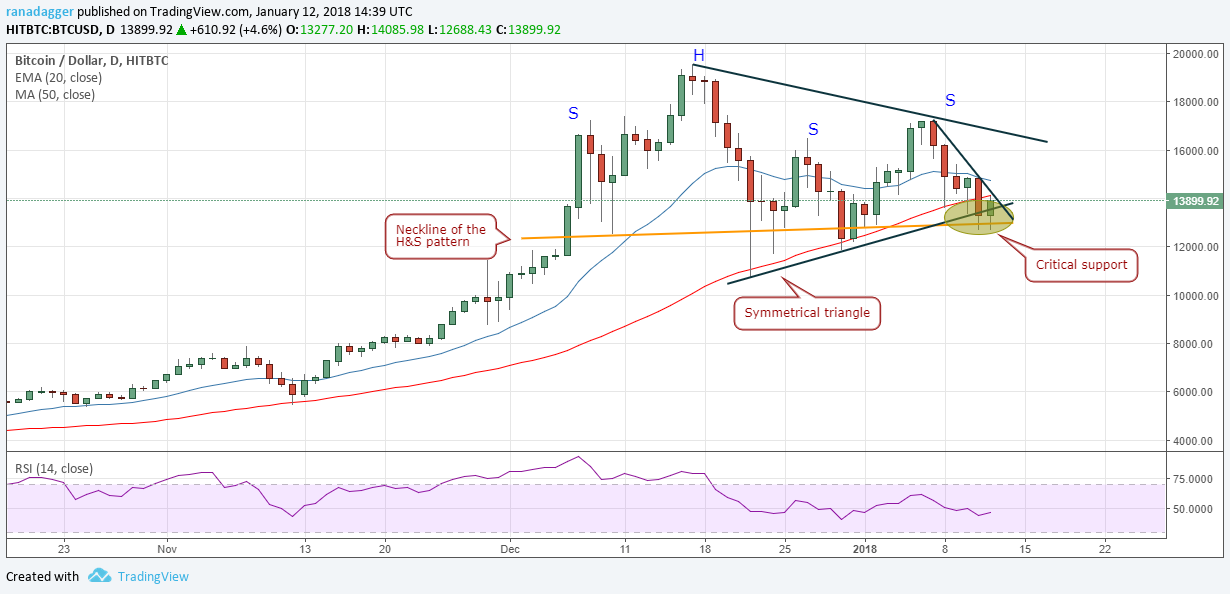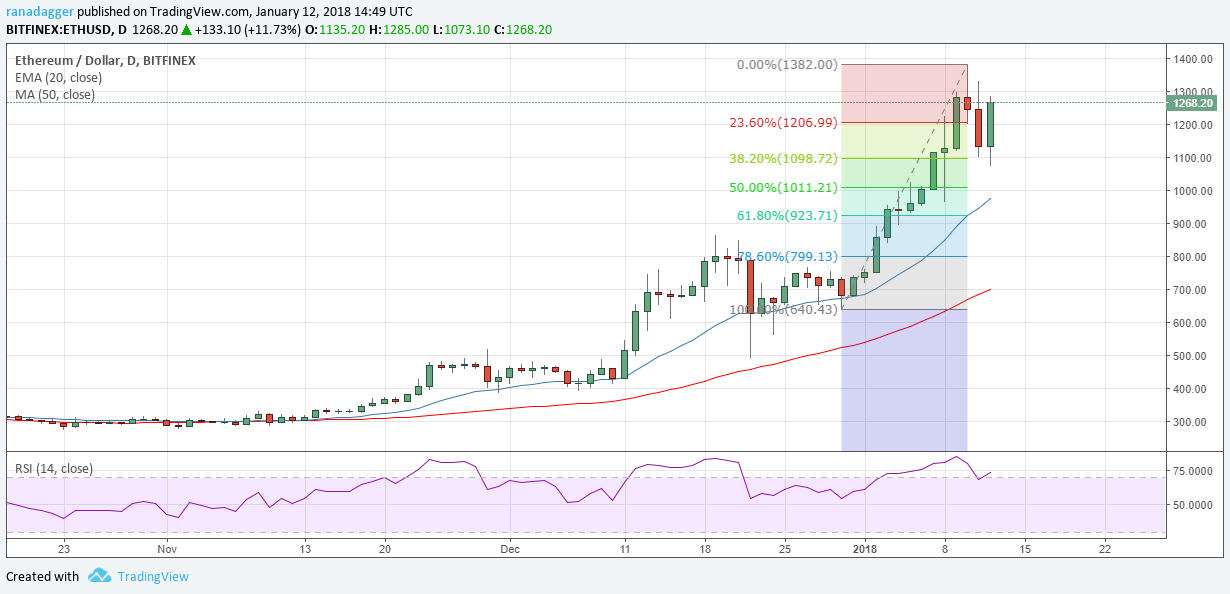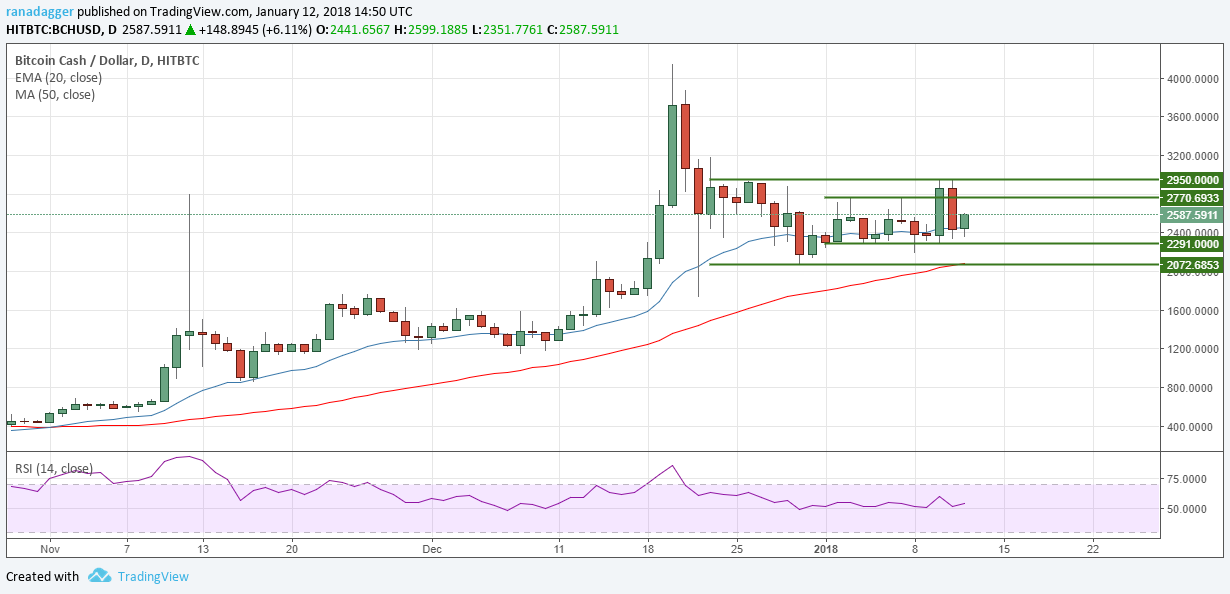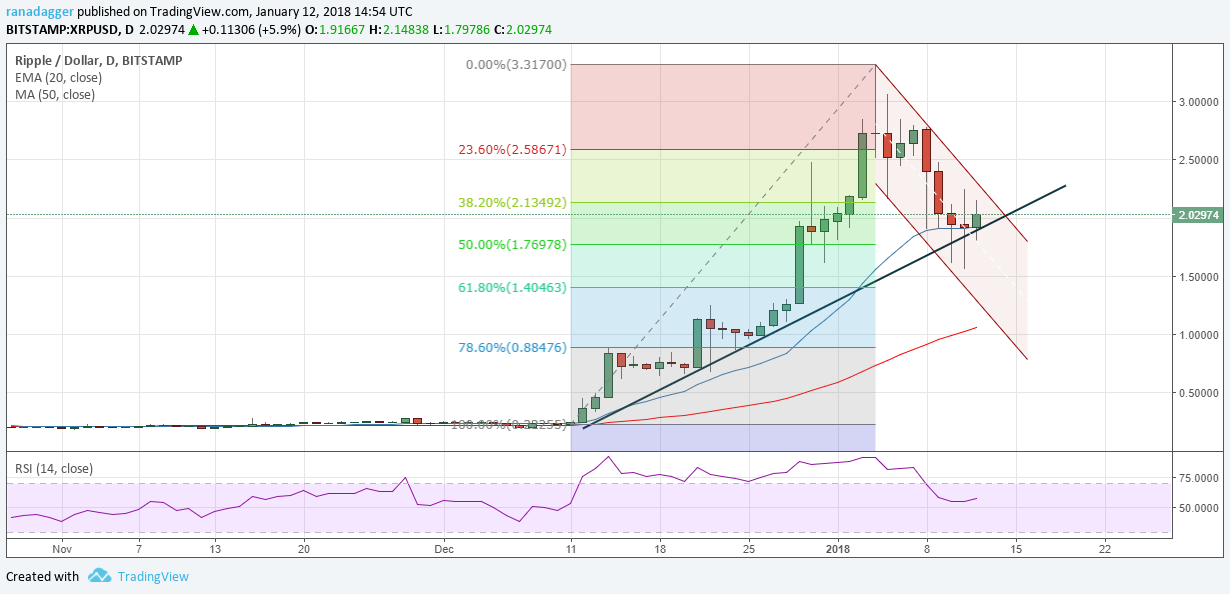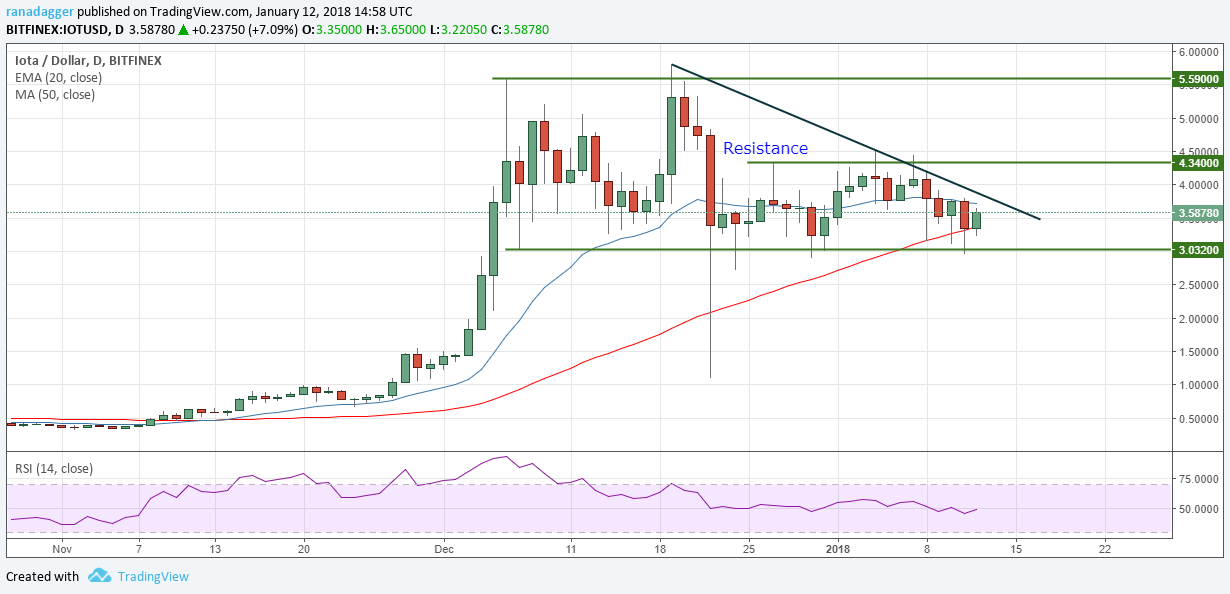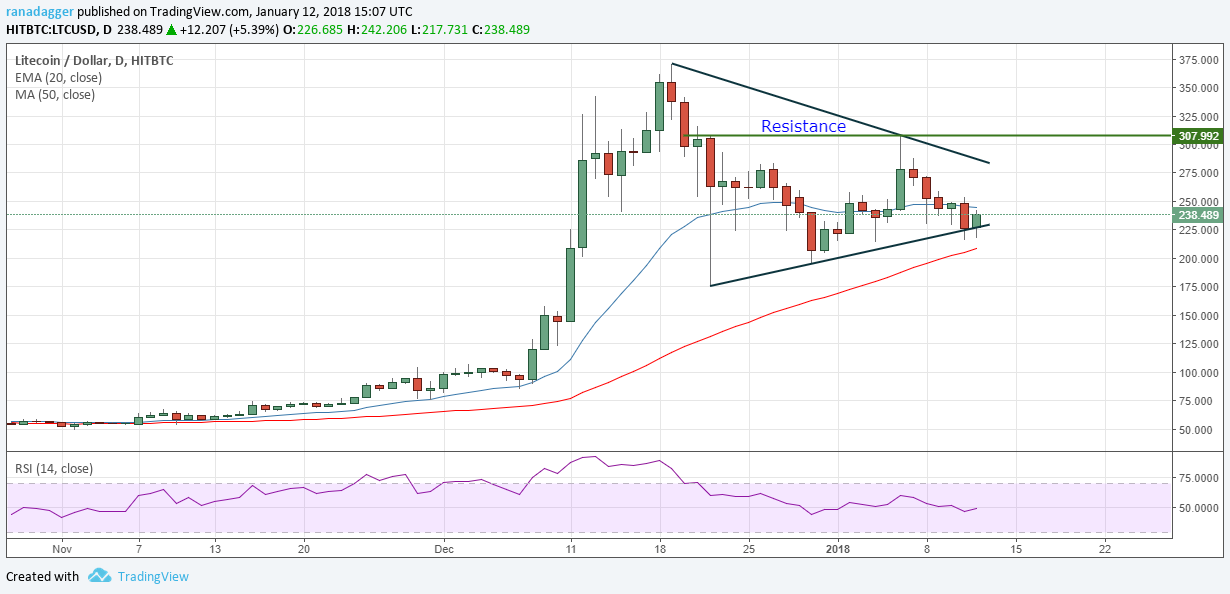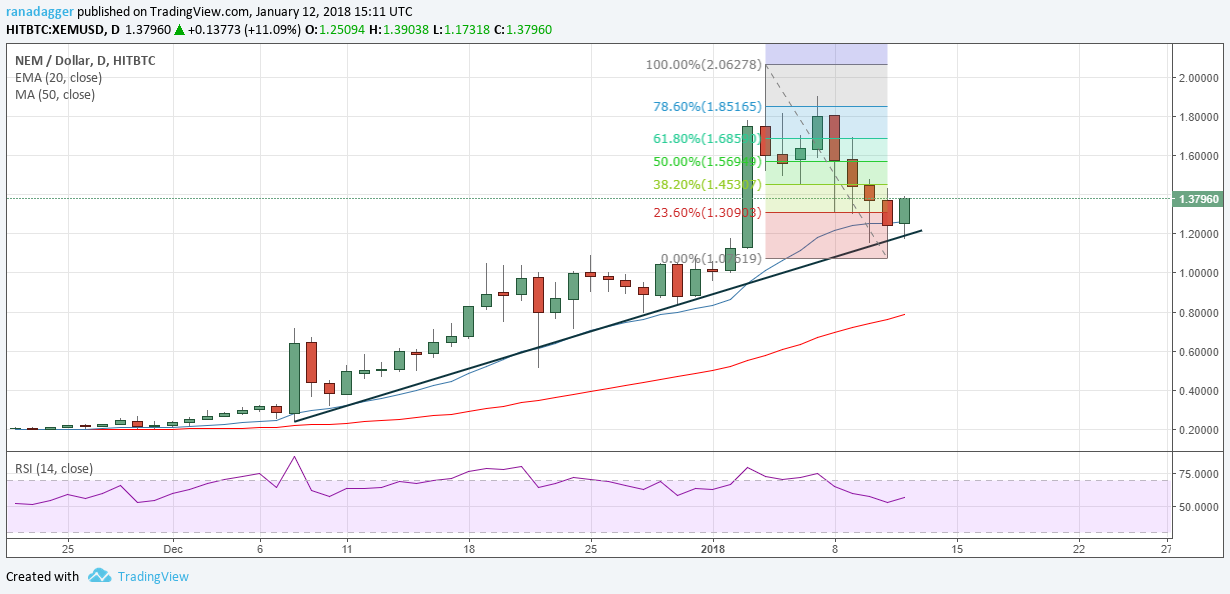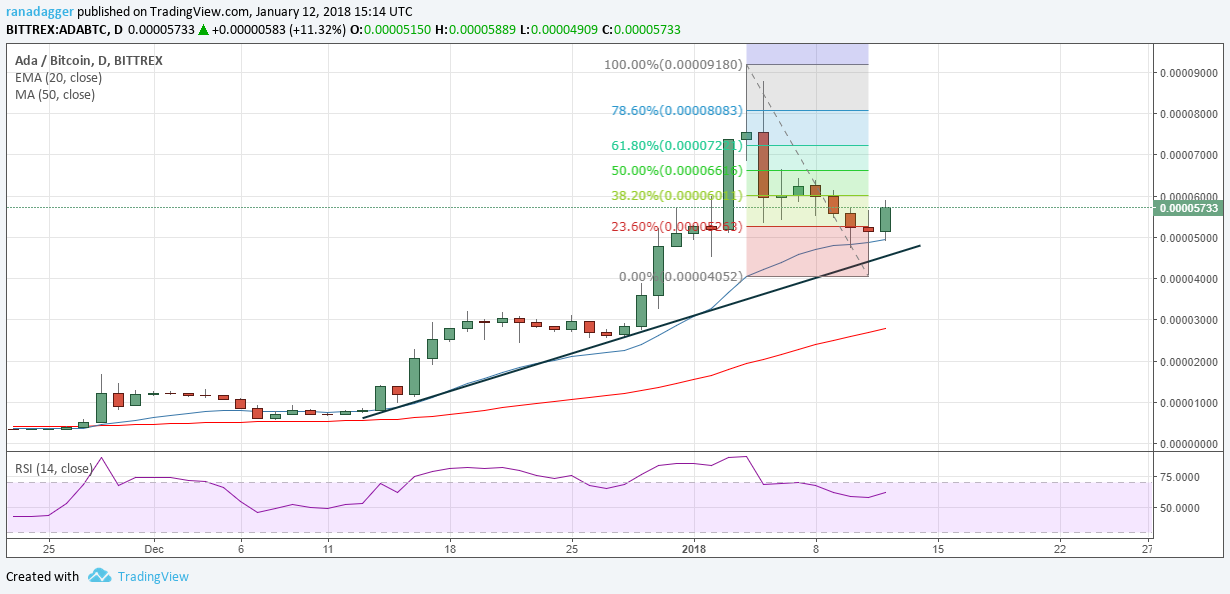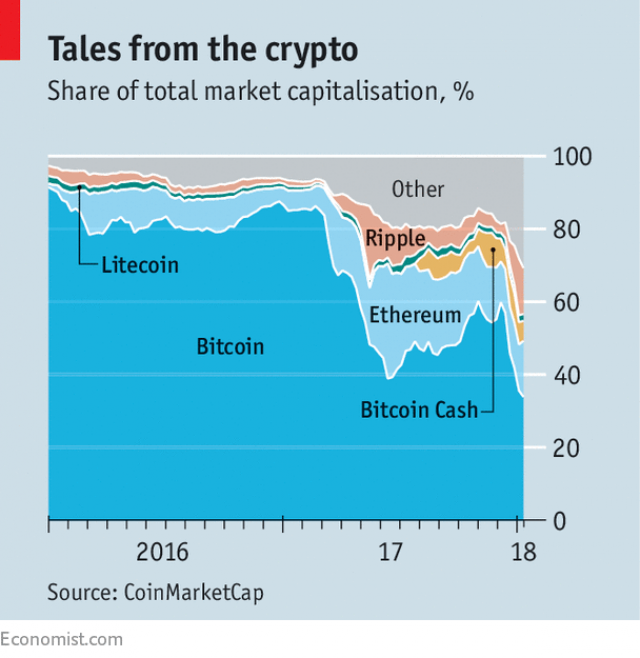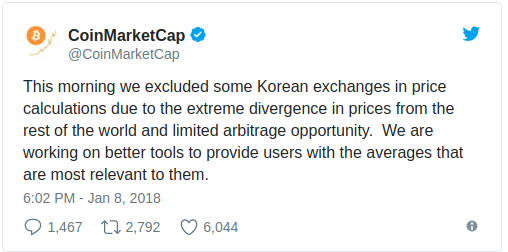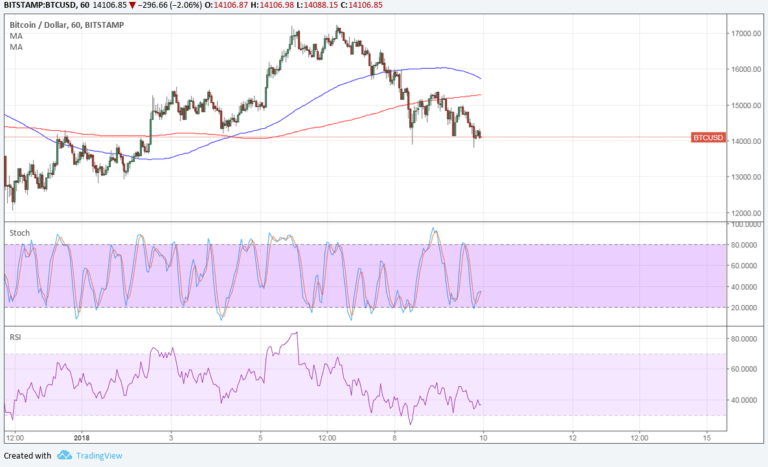
Cryptocurrency prices edge higher with ripple bouncing back 65% after ‘severe’ sell-off
-
Bitcoin and ethereum — the first and second largest virtual currencies by market value — appeared to recover after Wednesday's lows.
-
Experts told CNBC earlier this week that investors had been "spooked" by news of regulatory crackdowns from both South Korea and China.
-
Regulators have expressed concerns over digital assets due to their extremely volatile nature and worries that they could be used for illicit activity.
Major digital currencies edged higher on Thursday, after a two-day sell-off saw the world's biggest cryptocurrency bitcoin lose more than 50 percent from its December high.
Bitcoin and ethereum — the first and second largest virtual currencies by market value — appeared to recover after Wednesday's lows.
Bitcoin fell as low as $9,199.59 on Wednesday morning, but bounced back to $11,702.74 as of Thursday at 12:00 p.m. ET, according to CoinDesk, which tracks prices from cryptocurrency exchanges including Bitstamp, Coinbase, itBit and Bitfinex. It was up 5 percent in the last 24 hours. The red-hot digital asset also broke the $12,000 level, hitting $12,045.10 at about 10:14 a.m.
Ethereum on the other hand dived below the $800 mark to a three-week low of $780.92 Wednesday, but lifted to $1,072.57 the following day. It was more than 5 percent higher in the last 24 hours.
Ripple's XRP, which is also known as ripple, surged 65 percent to $1.64 a coin, according to data from CoinMarketCap. The digital currency — which is controversial among crypto enthusiasts due the firm behind it being backed by big banks — fell as low as 90 cents the previous day.
Regulatory concerns
Experts told CNBC earlier this week that investors had been "spooked" by news of regulatory crackdowns from both South Korea and China.
South Korea — one of the largest markets for cryptocurrencies — has reportedly been considering the shutdown of trading through cryptocurrency exchanges. On Thursday, the country's policymakers said they were considering closing all domestic virtual currency exchanges, echoing a move last year from Chinese regulators.
China, separately, is reported to be deepening its clampdown of its digital currency market. According to reports from Bloomberg and Reuters, the country is planning to ban the centralized trading of digital currencies.
"Trade volumes were very noisy yesterday as the bulls and bears fought it out and some sort of calm has appeared on the markets after what has been a severe correction," Charles Hayter, CEO of digital currency comparison site CryptoCompare, told CNBC in an email Thursday.
"New has a lot to play with this," Hayter said, adding, "this market is now big and governments are sensing revenue for the coffers as well as a threat in some degrees. This will catalyze regulation where regimes who legislate severely will balkanise themselves to the industry."
Hayter said that regulation of cryptocurrencies "will be good in the long run," but warned that "unnecessary hoops and bureaucracy" could inhibit the industry's potential.
Regulators have expressed concerns over digital assets due to their extremely volatile nature and worries that they could be used for illicit activity.
Mati Greenspan, senior market analyst at eToro, said: "Now that the reasons for the recent sell-off are more clear to everyone and the slightly sour regulatory concerns have been priced in and the Asian premiums are evening out, traders will most likely start focusing on the technicals."
Greenspan told CNBC Tuesday that South Korean and Japanese investors often pay a premium of "20 percent or more per coin."
Nolan Bauerle, director of research at CoinDesk, said that the sell-off was "a feature of the global, liquid cryptocurrency trading environment."
"When the price of bitcoin drops, there is a pattern of traders that move to take different positions, either in another cryptocurrency or in fiat," he told CNBC.
"These large drops, usually between the 25-40 percent range, generally find a bottom that is a consolidation of a previous all time high. When this bottom is found, the pattern continues with demand causing a new upward bounce."
Disclaimer: This story has been amended to reflect the fact that bitcoin lost more than 50 percent from its December high.
Author Ryan Browne Updated 10 Hours Ago
Posted by David Ogden Entrepreneur

Alan Zibluk Markethive Founding Member






